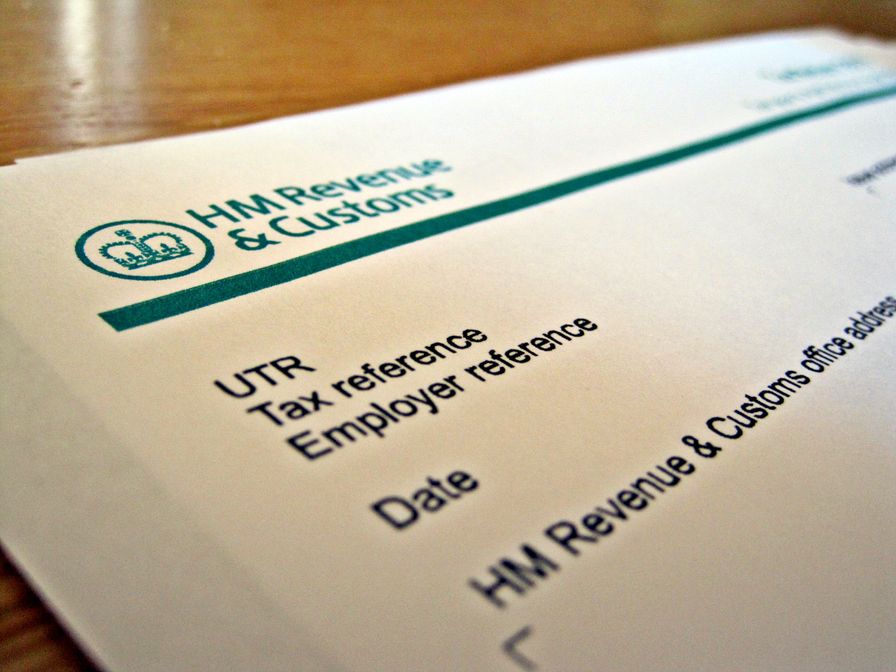Capital Gains Tax: Not a raid on the middle classes

A tax on gains rather than the Middle Classes
Suggestions that Capital Gains Tax (CGT) rates be brought into line with Income Tax rates caused some of the popular press to declare the suggestion a tax raid on the middle classes an event that would hammer middle-class savers and entrepreneurs.
The facts do not concur. We also believe that should these changes to CGT be made there might be a positive, but unintended, consequence for first-time buyers and those seeking to get a foot on the property ladder
Putting Capital Gains Tax in Context
In the UK about 32 million people paid income tax in 2018/19 compared to just 276,000 paying Capital Gains Tax. This means that less than 1% of those paying income tax (1 out of every 100 people) paid capital gains tax.
Of those paying Capital Gains Tax in 2018/19, 40% of CGT came from those who made gains of £5 million or more. This group represents less than 1% of CGT taxpayers each year.
By comparison, the top 1% of Income Taxpayers in 2017/18 paid 29% of all Income Tax. The burden of CGT therefore falls on the very wealthy not the middle classes.
Property is a small part of CGT, in 2017/18 residential land and buildings accounted for just 14% of capital gains tax and the average holding period of the land and property was 10-15 years.
Over the last 10 years, average house prices in England have increased by 42% and by 54% over the last 15 years. It is worth remembering that tax is only paid on the ‘gains’ ie the increase in value and not on the actual sale price of the home. This is a tax on the realised increase in value – if a gain was not made no tax would be paid. If you don't sell you don't pay.
In 2018/19 just over a quarter, 28% of CGT came from Entrepreneurs relief (people selling businesses) and 2017/18 Financial assets accounted for 77% of the total gains liable for CGT
The unintended consequences
We have commented several times that changes in stamp duty tax rates tend to lead to a spike in transactions, the largest of which was when additional stamp duty was payable on second homes (and buy to let properties).
In our view, the potential change in Capital Gains Tax would have a similar but opposite impact. Rather than landlords and second-home buyers rushing to complete a purchase, this time they might rush to complete a sale.
Whereas the stamp duty holiday has been inflationary (pushing prices up) the rush to get sales done might put downward pressure on prices as the cut in asking price may be significantly less than the Capital Gains Tax liability should the transaction not complete in time.
Good news for estate agents
Several well-informed housing market commentators, including RICS are suggesting that the UK housing market is currently running out of steam as the Stamp Duty holiday draws to a close and the reality of rising unemployment hit home. However, any change in Capital Gains Tax could provide a new stimulus to the housing market as buy to let investors seek to make gains before the change.
Good news for first-time buyers
2021 could be a good year for First Time Buyers as buy to let investors look to crystalise gains before any increase in capital gains tax rate. First Time Buyers may therefore find themselves with the upper hand especially as they are unencumbered by chains.